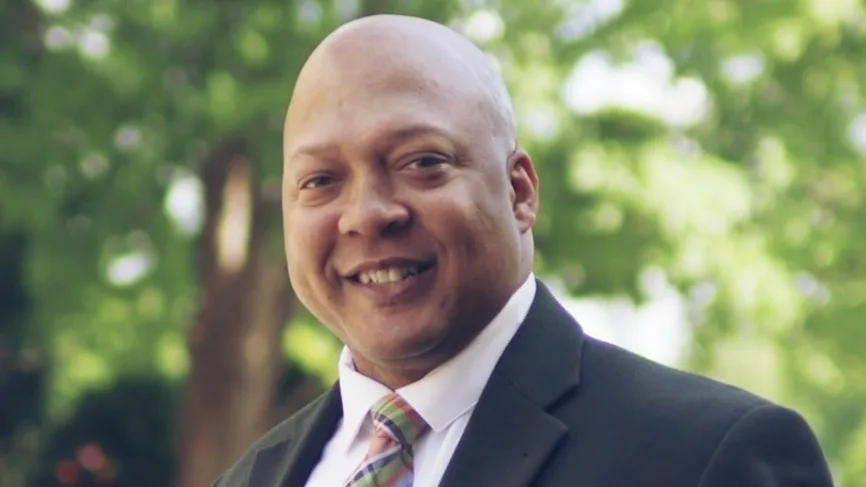
As a representative of District 34A in Harford County, my goal has always been to socially and economically develop our community, aligning with the governor’s vision of “leaving no one behind.”
Cultivating diversity in entrepreneurship is integral to our community’s economic and social development. In fact, according to the U.S Department of Commerce, minority businesses generate $2 trillion every year nationwide. I have always advocated for local minority and women-owned businesses to foster an inclusive and dynamic marketplace. This year, I would like to highlight the current state of these businesses, specifically in Harford County, focusing on the challenges facing minority and women-owned businesses and what policies and programs have been instituted to aid in their progress.
Harford County is home to many women and minority-owned businesses. For example, liquor stores in our district are primarily owned by minority business owners, and as a member of the Alcoholic Beverages Subcommittee, my focus lies on advocating for policies that provide meaningful support to these businesses. My efforts extend beyond legislation, collaborating with nonprofits like People Inspiring People, a minority and woman-owned nonprofit, to empower these entrepreneurs.
By fostering partnerships and advocating for fair policies, I aim to make Harford County a beacon for diversity in the business landscape, ensuring equal opportunities for all.
Although Harford County has made some significant strides, we must continue to resolve various challenges facing minority and women-owned businesses, especially the subjects of contract awards, business education, and access to capital.
In June 2023, Harford County Executive Bob Casilly released a disparity study regarding possible inconsistencies in Harford County government contract awards. The study found that small minority and women-owned businesses viewed large firms as a barrier to doing business with the county, with 34.3% of Black-owned firms believing larger firms had an unfair advantage over smaller firms. Based on this, ensuring adequate accessibility of contracts to newer minority and women-owned businesses is crucial to reducing the barriers they face when entering the business market.
In addition to assisting with contracts, providing accessible business education opportunities can aid minority and women-owned businesses in Harford County. Of those polled in the 2023 Harford County Disparity study, 17.7% said that having a limited knowledge of county procurement policies and procedures prevented them from doing business with the county. This included 20.9% of Black-owned firms and 18.3% of women-owned firms. Having tailored initiatives directed toward supporting minority and women-owned businesses and providing information and education can address issues that disproportionately impact these businesses, catering more targeted and effective support.
Furthermore, Harford County can contribute to minority and women-owned businesses by expanding access to capital, which capital provides necessary funds for startups and expansions. These investments would not only empower minority and women-owned businesses, but also foster overall economic growth within our community.
Despite these challenges, Harford County has continued to make strides for minority and women-owned businesses, especially regarding programs, resource fairs, and disparity studies.
For example, resource fairs have been a valuable asset to minority-owned businesses that continue to face under-representation and insufficient support. Events like this year’s Minority and Small Business Expo offer a forum for owners to establish connections and access necessary resources. This year’s expo was hosted at the APG Federal Credit Union Arena on the Harford Community College campus and featured many familiar faces such as the Harford County Chamber of Commerce, Susquehanna Workforce Network, the Harford County Office of Economic Development, the Maryland Department of Transportation, and the Harford County Caucus of African American Leaders. Additionally, the Minority Business Development Agency, part of the U.S. Department of Commerce, sponsored a one-hour virtual seminar for minority-owned businesses throughout the county.
Ultimately, my commitment to socially and economically developing our community is fueled by the belief that true progress is only achieved when everyone has a fair chance to succeed. By advocating for policies that address issues like contract awards, business education, and access to capital, I hope to foster a culture of equal opportunities, paving a way for small women and minority owned businesses to succeed. We must leave no minority or women-owned business behind.
Andre Johnson Jr., a Democrat, is a Maryland state delegate representing District 34A in Harford County.

